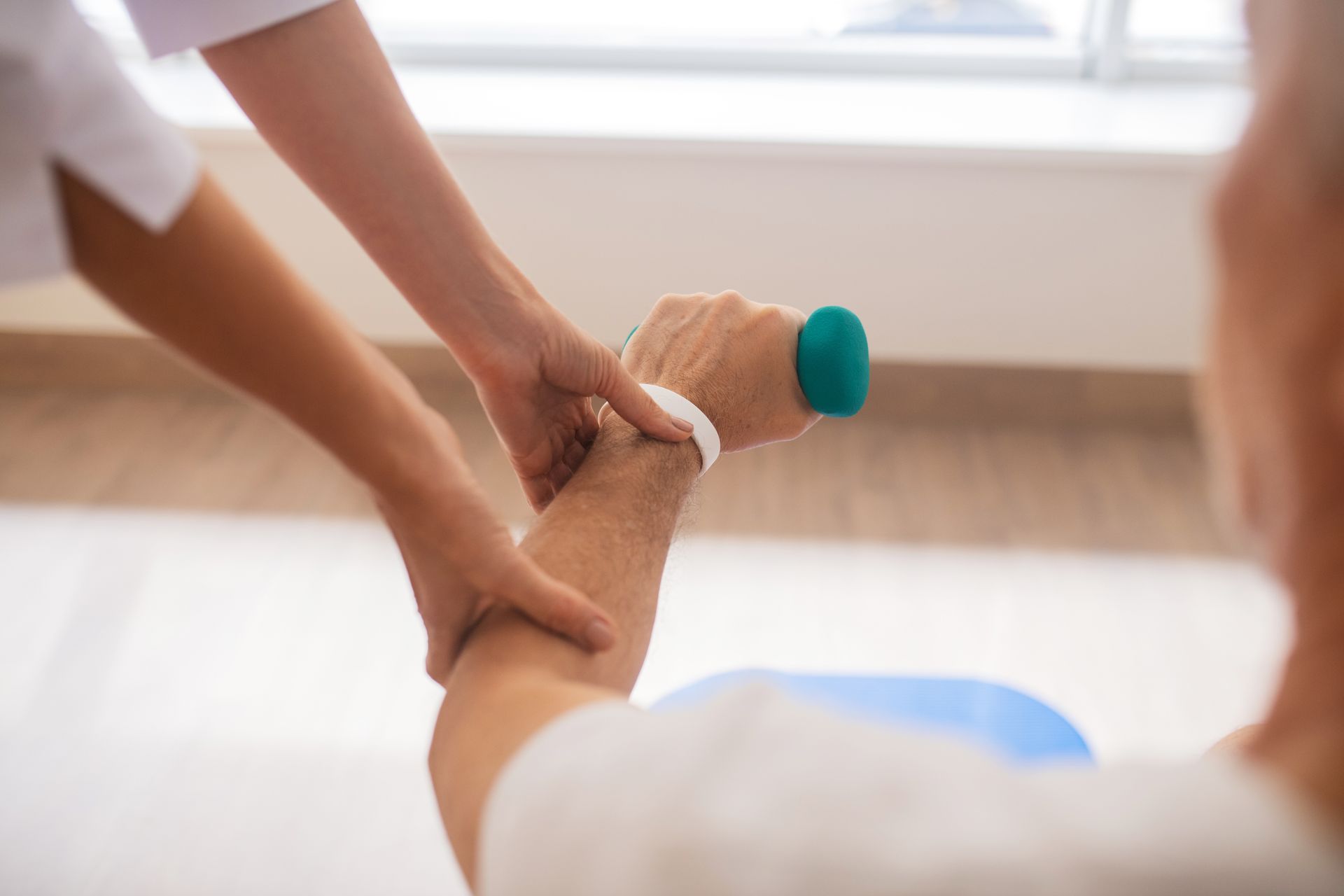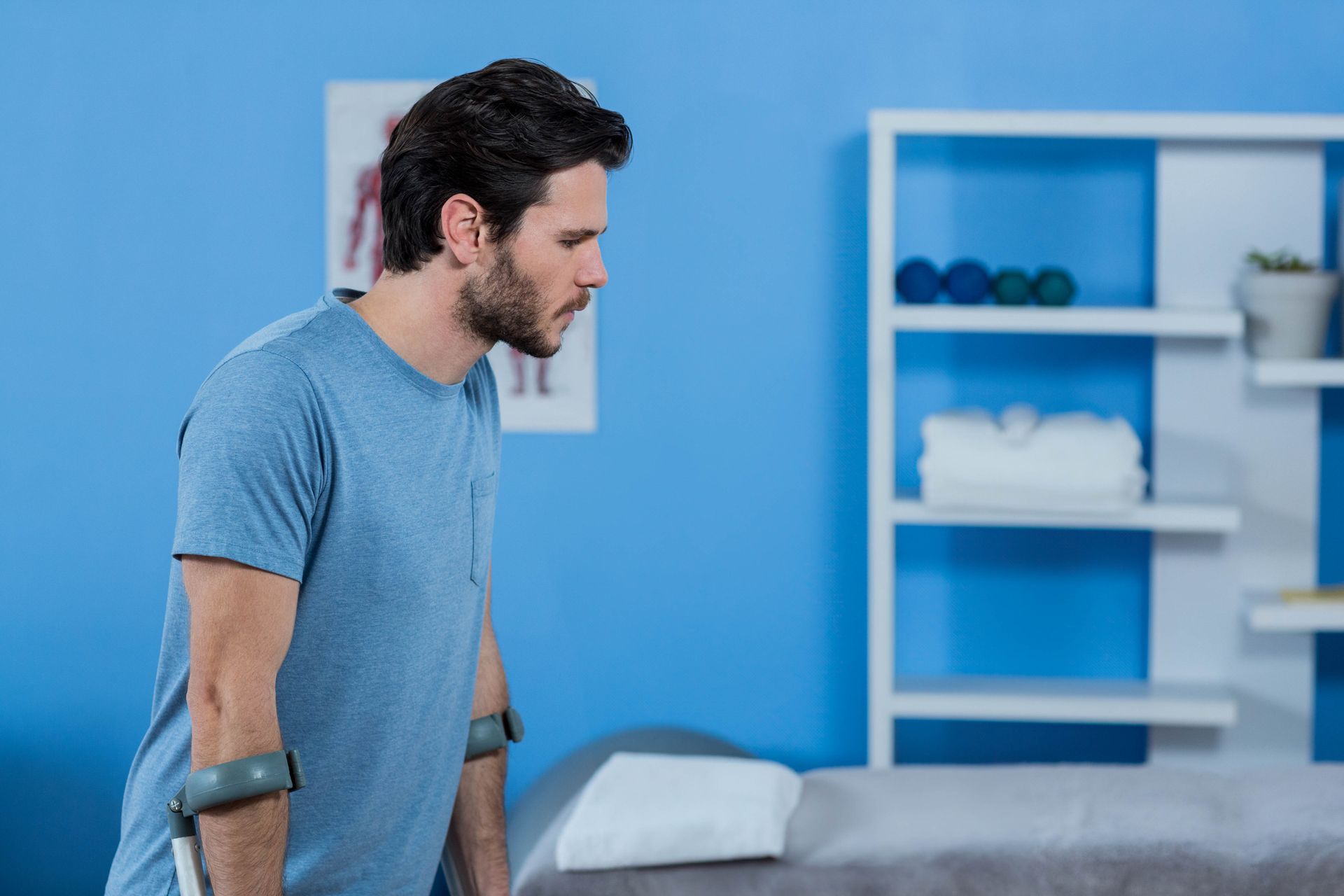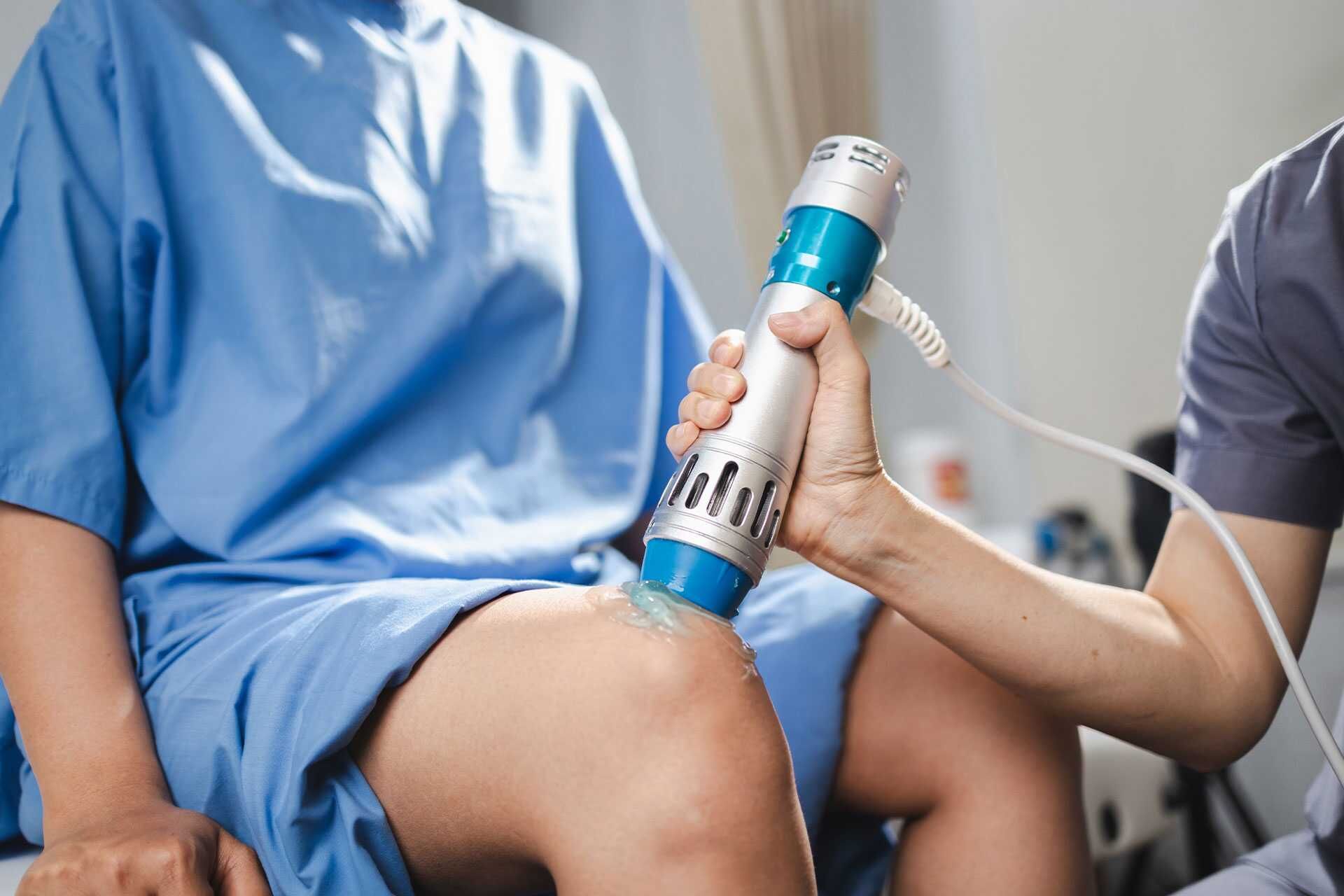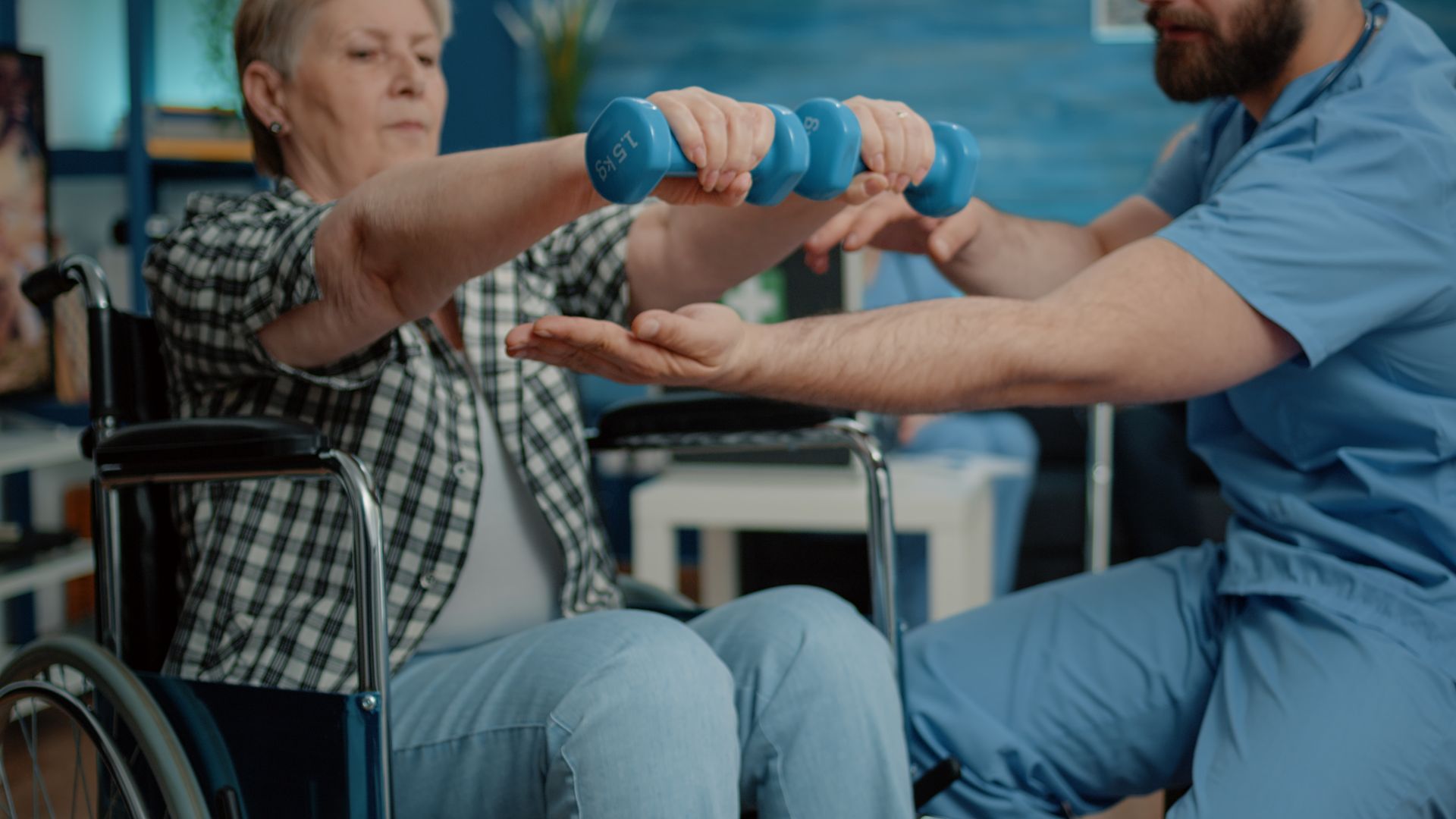Is It Normal for My Body to Hurt More When I Start Physiotherapy?
When you begin physiotherapy, your goals are clear: reduce pain, restore movement, and regain strength. But the first few sessions can come with an unexpected twist: more discomfort. For many people, the initial stages of physical therapy recovery bring increased soreness, raising doubts about whether treatment is actually helping.
At Delta Physiotherapy, we understand this hesitation. It's natural to worry when pain flares up after starting therapy. But in most cases, that discomfort is part of your body’s healing process. Knowing the difference between expected soreness and harmful pain is key to staying motivated and getting the results you want.
The Truth About Pain and Progress in Physiotherapy
Early in your treatment, discomfort doesn’t always mean something’s wrong. In fact, some pain is your body’s way of responding to renewed activity. When underused muscles are reactivated or tight tissues are released, it can trigger a healing response that includes soreness.
The body also responds to physical manipulation or targeted exercises with inflammation, especially if you’re recovering from an injury. This inflammation is part of the natural repair cycle. As damaged tissues begin to heal, your nervous system may become temporarily more sensitive. That can make normal sensations feel amplified for a short time.
Mild to moderate discomfort is a common and expected step in helping your body regain strength, stability, and flexibility. When properly guided, that short-term soreness leads to long-term improvement.
Why Pain Can Increase When Starting Physiotherapy
Once you begin therapy, your physiotherapist will target specific muscles and joints that have lost strength, range of motion, or stability. As you start using these areas again, they need time to adjust. That adjustment can cause some discomfort, similar to feeling muscle soreness after exercise.
Injured or inflamed areas may also be more sensitive as therapy increases blood flow, loosens stiff tissues, and improves mobility. These early stages of movement and stimulation can make the pain seem worse before it improves. That doesn’t mean your condition is getting worse; it means your body is responding to targeted, purposeful stress that promotes healing.
Differentiating Between Good Soreness and Bad Pain
Not all pain is created equal. Knowing what your body is telling you helps you work through therapy safely.
Normal soreness tends to feel dull, achy, or stiff. It’s usually spread over a broader area and shows up within 24 to 48 hours after a session. This kind of pain often decreases with movement or light stretching and fades within a few days.
On the other hand, sharp, stabbing, or worsening pain should not be ignored. Pain that appears suddenly, increases with activity, or keeps you up at night may indicate overuse or re-aggravation of an injury. Tingling, burning, or numbness are also red flags.
At Delta Physiotherapy, we encourage patients to communicate openly about their pain levels. This helps us fine-tune your treatment plan and keep your recovery on track.
How Long Does Early Physiotherapy Soreness Last?
Soreness after your first few sessions is typically short-lived. Most people feel mild discomfort for 24 to 72 hours after therapy. As your body adjusts and gets stronger, this soreness usually lessens or disappears entirely.
However, factors like age, the severity of your condition, general fitness level, and how long the injury has been present all play a role in recovery speed. If your soreness seems to be lasting longer than expected, your physiotherapist can adjust your program to better suit your needs and pace.
With the right plan, the discomfort from early sessions becomes less noticeable as your body adapts to the therapy.
Tips to Manage and Reduce Post-Therapy Muscle Soreness
There are practical ways to ease muscle soreness after exercise and physical therapy. These small habits can help your body recover faster between sessions:
- Apply cold packs in the first 24 hours after treatment to reduce inflammation.
- Use heat therapy after the initial inflammation period to relax stiff muscles.
- Stretch gently after your sessions to keep your muscles mobile and reduce tightness.
- Stay hydrated to help your body flush out by-products of muscle use and repair.
- Prioritize rest between appointments, allowing your body time to heal and recharge.
These strategies support your recovery without interfering with the treatment process.
Benefits of Pushing Through the Early Discomfort
Working through the initial soreness is often one of the best decisions you can make for your long-term health. As therapy progresses, the body starts to rebuild strength and flexibility. With consistent treatment, those reactivated muscles and joints function better and more efficiently.
Sticking with your treatment plan also lowers the chance of re-injury by correcting movement patterns, strengthening weak areas, and increasing joint stability. That early discomfort becomes a small price to pay for better mobility and reduced pain down the line.
Many patients find that once they get past the first few sessions, their pain levels drop and they start to enjoy the benefits of physiotherapy: improved movement, greater independence, and a stronger, more resilient body.
How Delta Physiotherapy Mississauga Supports Your Recovery Journey
At Delta Physiotherapy, we don’t believe in one-size-fits-all care. Every treatment plan is tailored to the individual, including your specific injury, activity level, and comfort zone. We guide you through every phase of recovery, from managing early soreness to achieving long-term goals.
We help you pace exercises to avoid overexertion while ensuring your progress continues. Education is a big part of what we do, and we’re always available to explain what to expect, how to interpret pain, and how to modify your activities safely.
Recovery isn’t just about exercises. It’s about trust, communication, and setting realistic expectations. We make sure our clients feel supported, informed, and confident in their path to recovery.
Achieve Physical Therapy Recovery With Delta Physiotherapy
Feeling sore after starting your physical therapy recovery is not only common, it can be part of the path to healing. With expert care , patient education, and the right approach, pain doesn't have to stop you from making progress.
Reach out and book an appointment with our physiotherapists at Delta Physiotherapy today and start your journey to recovery.










